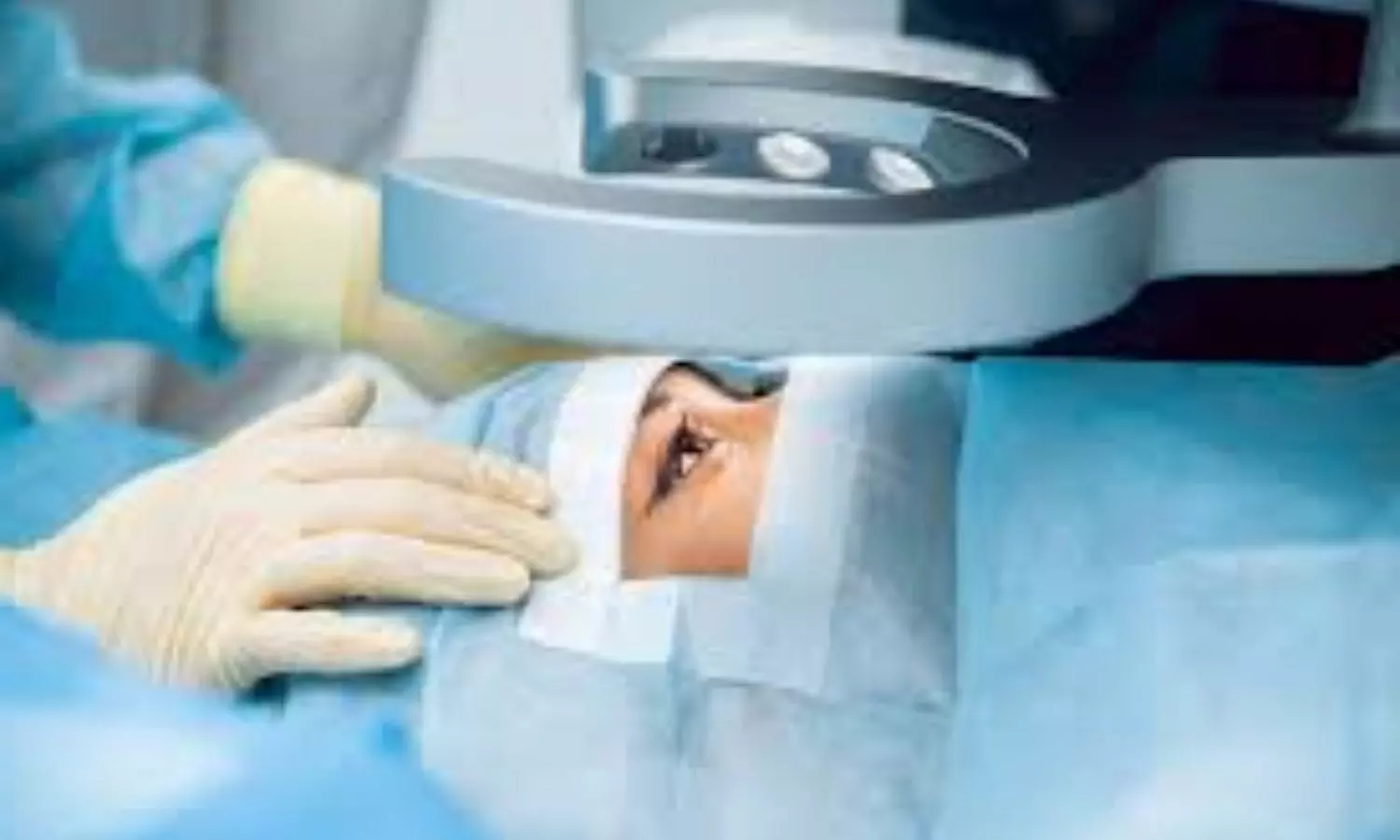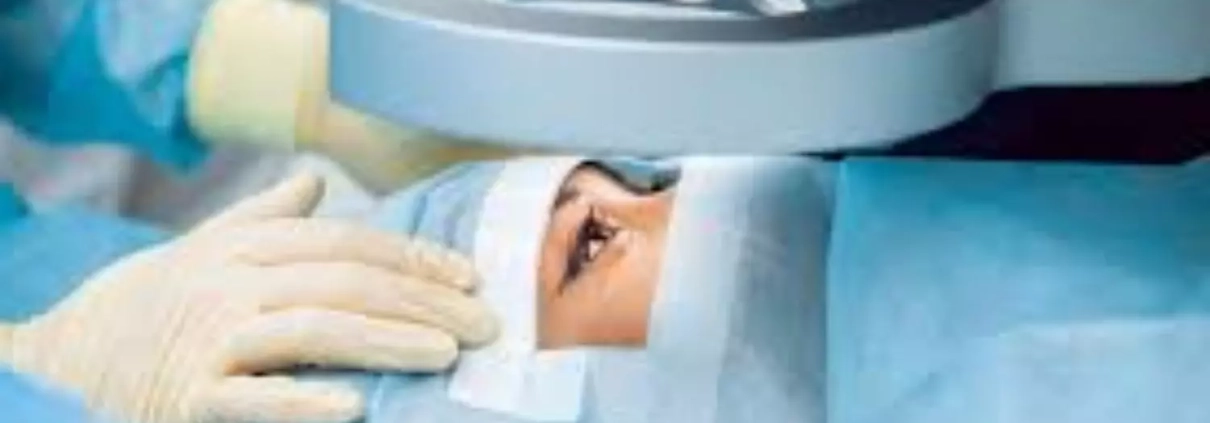Diabetes Patients may face increased risk of complications After Cataract Surgery, suggests study

A recent study revealed concerning findings regarding the relationship between diabetes type and post-cataract surgery complications. The study was published in the Canadian Journal of Ophthalmology and assessed the impact of diabetes type on Nd:YAG capsulotomy rates after cataract surgery.
The retrospective cohort study from the the Bristol Eye Hospital in the UK included a total of 53,471 consecutive cataract surgeries performed from 2003 to 2017. The research categorized patients into a nondiabetic group, a type 1 diabetes (T1D) group and type 2 diabetes (T2D) group and then compared the rates of Nd:YAG laser capsulotomies among them.
While 79.8% of the surgeries were in nondiabetic patients, 1.5% were in T1D patients and 18.7% were in T2D patients. The diabetic patients with both T1D and T2D expressed significantly higher rates of Nd:YAG laser capsulotomies when compared to nondiabetic patients. Upon further analysis after adjusting for age and sex, the observed association persisted. The patients with T1D were found to have a 69.2% increased risk, while the individuals with T2D had a 15.7% increased risk of requiring Nd:YAG capsulotomies post-cataract surgery.
These findings highlight the importance of close monitoring of diabetic patients, specially in the individuals with T1D, for the development of posterior capsular opacification following cataract surgery. This complication can significantly impact the vision and quality of life if not addressed promptly.
The study emphasized the significance of ophthalmology screening for the individuals with diabetes. Overall, the outcomes of this study highlight the increased risk diabetic patients face in developing complications post-cataract surgery, she said. It’s imperative for healthcare providers to be vigilant in their monitoring and management of these patients to ensure optimal visual outcomes.
The findings of this study contribute to a growing body of evidence that support the need for specialized care and attention to diabetic patients who underwent cataract surgery. As the prevalence of diabetes continues to rise throughout the globe, these initiatives were focused at improving the screening and management of diabetic eye complications are more pivotal than ever. Further research and implementation of targeted interventions are crucial to minimize the burden of post-cataract surgery complications in the diabetic individuals by ultimately enhancing their overall eye health and well-being.
Source:
Cunha, M., Elhaddad, O., Yahalomi, T., Avadhanam, V., Tole, D., Darcy, K., Levinger, E., Tuuminen, R., & Achiron, A. (2024). Type 1 and type 2 diabetes predisposed to higher Nd:YAG capsulotomy rates following cataract surgery: analysis of 53,471 consecutive cases. In Canadian Journal of Ophthalmology. Elsevier BV. https://doi.org/10.1016/j.jcjo.2024.02.014



